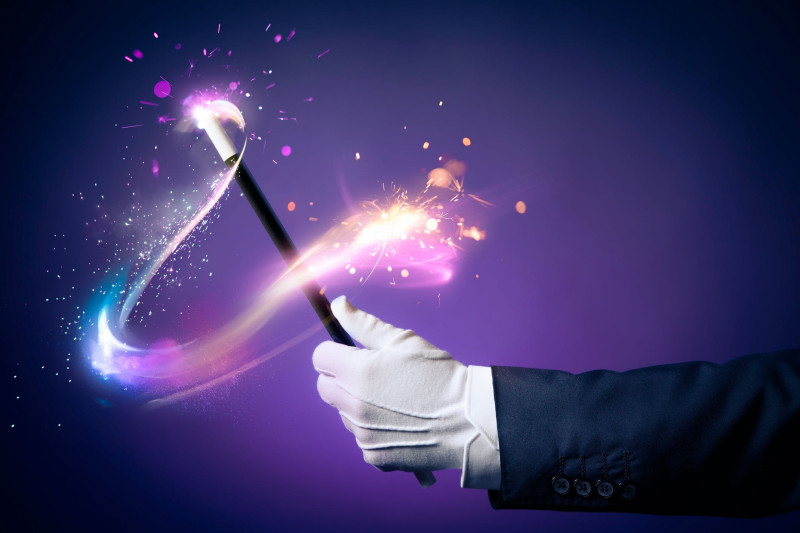Topic
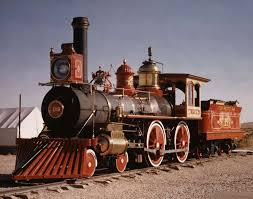
Locomotives
A locomotive is a rail transport vehicle that provides the motive power for a train. If a locomotive is capable of carrying a payload, it is usually rather referred to as a multiple unit, motor coach, railcar or power car; the use of these self-propelled vehicles is increasingly common for passenger trains, but rare for freight trains.

Long Jump
The long jump is a track and field event in which athletes combine speed, strength and agility in an attempt to leap as far as possible from a takeoff point. Along with the triple jump, the two events that measure jumping for distance as a group are referred to as the "horizontal jumps". This event has a history in the ancient Olympic Games and has been a modern Olympic event for men since the first Olympics in 1896 and for women since 1948.
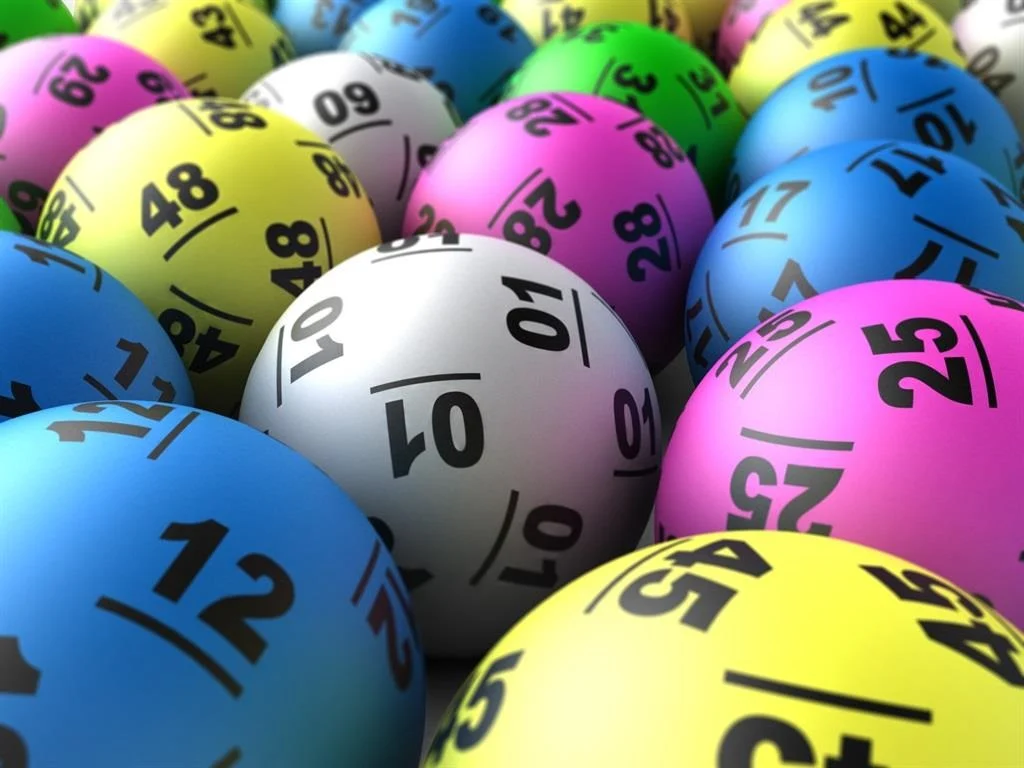
Lotteries
A lottery (or lotto) is a form of gambling that involves the drawing of numbers at random for a prize. Some governments outlaw lotteries, while others endorse it to the extent of organizing a national or state lottery. It is common to find some degree of regulation of lottery by governments. The most common regulations are prohibition of sale to minors and licensing of ticket vendors. Although lotteries were common in the United States and some other countries during the 19th century, by the beginning of the 20th century, most forms of gambling, including lotteries and sweepstakes, were illegal in the U.S. and most of Europe as well as many other countries. This remained so until well after World War II. In the 1960s, casinos and lotteries began to re-appear throughout the world as a means for governments to raise revenue without raising taxes.

Love
Love encompasses a range of strong and positive emotional and mental states, from the most sublime virtue or good habit, the deepest interpersonal affection, to the simplest pleasure. An example of this range of meanings is that the love of a mother differs from the love of a spouse, which differs from the love of food. Most commonly, love refers to a feeling of strong attraction and emotional attachment

Luge
A luge /luːʒ/ is a small one- or two-person sled on which one sleds supine (face-up) and feet-first. A luger begins seated, propelling themselves initially from handles on either side of the start ramp, then steers by using the calf muscles to flex the sled's runners or by exerting opposite shoulder pressure to the pod. Racing sleds weigh 21–25 kg (46–55 lb) for singles and 25–30 kg (55–66 lb) for doubles. Luge is also the name of an Olympic sport that employs that sled and technique.
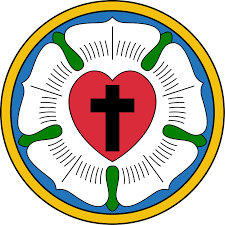
Lutheran
Lutheranism is a major branch of Protestantism that identifies primarily with the theology of Martin Luther, the 16th-century German monk and reformer whose efforts to reform the theology and practices of the Catholic Church launched the Reformation in 1517.Lutheranism subsequently became the state religion of many parts of Northern Europe, starting with Prussia in 1525.

Mailboats
The Casco Bay Mailboat is a sailing vessel, run by Casco Bay Lines, which delivers mail and other items to the residents of the islands of Casco Bay in Maine, United States. It is the longest-running mailboat service in the country, having been in existence since the 1870s. Up until the 1950s, the boat was coal-powered; now it runs on a diesel engine.
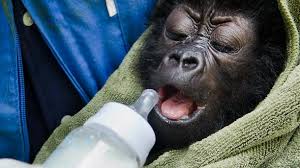
Mammals
Mammals are any vertebrates within the class Mammalia (/məˈmeɪli.ə/ from Latin mamma "breast"), a clade of endothermic amniotes distinguished from reptiles (including birds) by the possession of a neocortex (a region of the brain), hair, three middle ear bones and mammary glands. All female mammals nurse their young with milk, secreted from the mammary glands. Mammals include the largest animals on the planet, the great whales. The basic body type is a terrestrial quadruped, but some mammals are adapted for life at sea, in the air, in trees, underground or on two legs. The largest group of mammals, the placentals, have a placenta, which enables the feeding of the fetus during gestation. Mammals range in size from the 30–40 mm (1.2–1.6 in) bumblebee bat to the 30-meter (98 ft) blue whale. With the exception of the five species of monotreme (egg-laying mammals), all modern mammals give birth to live young. Most mammals, including the six most species-rich orders, belong to the placental group. The largest orders are the rodents, bats and Soricomorpha (shrews and allies). The next three biggest orders, depending on the biological classification scheme used, are the Primates (apes and monkeys), the Cetartiodactyla (whales and even-toed ungulates), and the Carnivora (cats, dogs, seals, and allies).

Mankind
Humans (Homo sapiens, meaning "thinking man") or modern humans are the most common and widespread species of primate, and the last surviving species of the genus Homo. They are great apes characterized by their hairlessness, bipedalism, and high intelligence. Humans have large brains, enabling more advanced cognitive skills that enable them to thrive and adapt in varied environments, develop highly complex tools, and form complex social structures and civilizations. Humans are highly social, with individual humans tending to belong to a multi-layered network of cooperating, distinct, or even competing social groups – from families and peer groups to corporations and political states. As such, social interactions between humans have established a wide variety of values, social norms, languages, and traditions (collectively termed institutions), each of which bolsters human society. Humans are also highly curious, with the desire to understand and influence phenomena having motivated humanity's development of science, technology, philosophy, mythology, religion, and other frameworks of knowledge; humans also study themselves through such domains as anthropology, social science, history, psychology, and medicine. There are estimated to be more than eight billion living humans.



